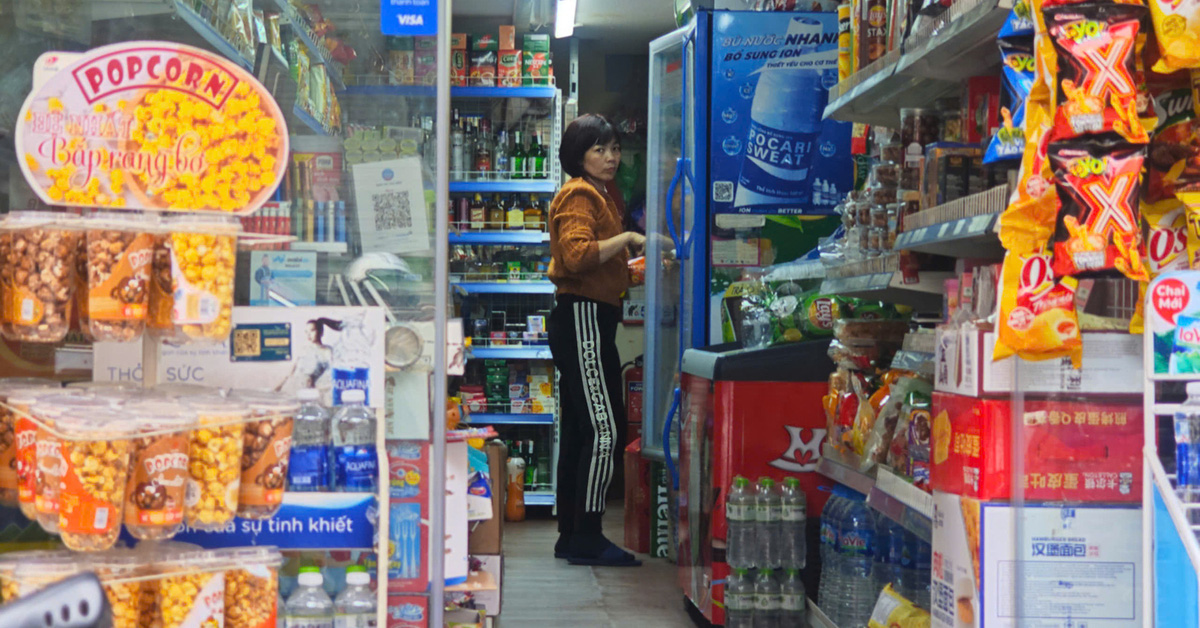The above direction was mentioned by Prime Minister Pham Minh Chinh in Official Dispatch No. 61 on strengthening price management and control measures.
Proposed price adjustment roadmap
The Government leader stated that in the coming time, the pressure from the implementation of the market roadmap for state-managed goods has been delayed; the cost of importing raw materials and fuel, and the cost of sea transport are on the rise; the implementation of salary reform... requires all levels and sectors to proactively assess and grasp the situation in order to have appropriate, effective and practical response plans and solutions.

The Prime Minister directed to strengthen price management and control measures.
The Prime Minister assigned the Ministries of Industry and Trade, Health, Education and Training, and Labor, War Invalids and Social Affairs to urgently review, report, and propose a specific roadmap with the level and expected time of price adjustment of goods and services under their management (medical examination and treatment services; electricity; educational services...).
The Prime Minister requested these four ministries to closely coordinate with the Ministry of Finance, the General Statistics Office and relevant agencies to carefully assess the impact on the consumer price index and specific inflation control targets and scenarios, and report to the Prime Minister before June 30.
The head of the government assigned the Ministry of Finance to coordinate with the Ministry of Planning and Investment, the State Bank, the General Statistics Office, and relevant agencies and localities to promote the implementation of the work of synthesizing, analyzing, and forecasting market prices, and updating detailed, specific, and timely price management scenarios for the remaining months of the year.
From there, the ministries and branches will advise the Government and the Prime Minister on appropriate and timely measures to ensure the target of controlling inflation in 2024 within the limit of 4 - 4.5% according to the National Assembly's resolution in all situations, striving for about 4%.
The Ministry of Finance is also directed by the Prime Minister to proactively urge and synthesize the implementation of price management and operation of ministries, ministerial-level agencies, People's Committees of provinces and centrally-run cities to report to the Price Management Steering Committee for handling according to authority, and if beyond authority, report to the Prime Minister.
The Prime Minister requested Ministers, Heads of ministerial-level agencies, Chairmen of People's Committees of provinces and centrally-run cities to closely monitor information, grasp price developments of a number of commodities that have a major impact on the consumer price index, and organize inspections of compliance with price laws and strictly handle violations of price laws.
Ministries, sectors and localities continue to implement the roadmap for adjusting public service prices according to the market roadmap and State-managed goods according to market principles, proactively assess the impact on inflation, calculate and prepare price options and price adjustment roadmaps for consideration and decision when necessary.
Ensuring inflation control
The Prime Minister said that price adjustments must be made at an appropriate level and time, avoiding major disruptions to price levels, not increasing prices suddenly or increasing prices at the same time, ensuring the goal of controlling inflation.
Regarding the management and operation of prices for petroleum products, the Prime Minister assigned the Ministry of Industry and Trade to preside over and coordinate with relevant agencies to synchronously and effectively implement solutions to ensure the supply of petroleum for the domestic market, in all situations to avoid shortage of petroleum and to operate petroleum prices according to regulations.
At the same time, the Ministry of Industry and Trade needs to strengthen market inspection and supervision, strictly handle violations; absolutely do not allow shortages or interruptions in the supply of gasoline and oil; and conduct specialized inspections on the implementation of electronic invoices.
For electricity, medical examination and treatment services and items under consideration for price adjustment, the head of the Government directs ministries and agencies, according to their assigned functions and tasks, to carefully review price formation factors, coordinate with the General Statistics Office to carefully assess the impact on the socio-economy and price levels to proactively have adjustment plans according to their authority or submit to competent authorities for consideration of price adjustment plans.
The Prime Minister noted that the price adjustment plan must be consistent with market developments and prices of goods in accordance with regulations, with appropriate levels and timing of adjustment, to avoid causing cost-push inflation resonance, creating expected inflation in the economy.
Regarding food and foodstuffs, the Prime Minister requested the Ministry of Agriculture and Rural Development to coordinate with the Ministry of Industry and Trade to closely monitor the production situation, price fluctuations of input factors, and market demand for essential agricultural products such as rice, pork, and agricultural materials to promptly regulate supply and demand of goods to serve domestic needs, between regions, localities, and export needs to stabilize market prices.
Especially do not let there be shortage or scarcity of food under any circumstances.
Regarding air transport services, the Prime Minister instructed the Ministry of Transport to synchronously and effectively implement solutions to ensure and stabilize air transport capacity to provide appropriate and balanced loads on domestic/international routes and markets, well meeting the air travel needs of passengers, especially during the upcoming peak summer season of 2024.
Regarding educational services, the Ministry of Education and Training and the Ministry of Labor, War Invalids and Social Affairs are required to proactively grasp information on tuition fee adjustments of public vocational and higher education institutions for the 2024-2025 school year to have an overall assessment of the increase level and implementation status.
Also according to the Prime Minister's direction, control and operate to prevent unreasonable increases in prices of textbooks and educational services, causing consumer price inflation.
Source




































![[Photo] Prime Minister Pham Minh Chinh chairs Government Conference with localities on economic growth](https://vstatic.vietnam.vn/vietnam/resource/IMAGE/2025/2/21/f34583484f2643a2a2b72168a0d64baa)




















































Comment (0)